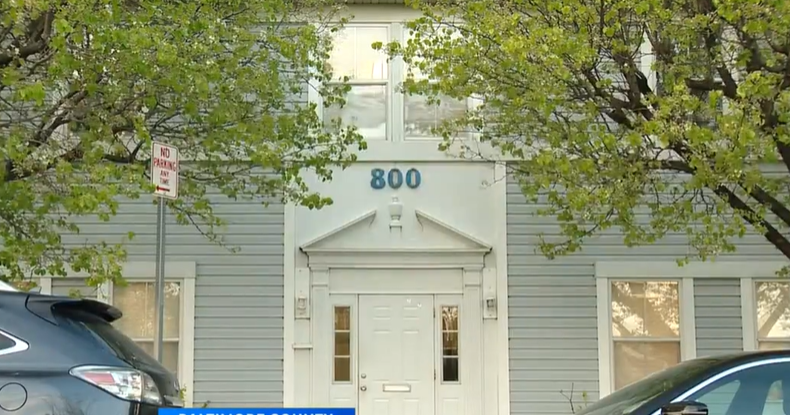Pet Insurance: Worth The Money?
(CBS) -- Many people consider their dogs and cats members of their families and would do almost anything for their pets.
Still, four out of 10 owners worry they wouldn't be able to afford an expensive medical emergency. That's why some turn to pet insurance.
CBS 2's Mai Martinez asks whether that's a good choice for everyone.
With medical advancements, treatment for pets can easily run into the thousands.
Pet owner Linda Marcus says her dog Harvey had all kinds of medical issues, ranging from pancreatitis and chronic renal failure to hypertension and a heart murmur. She says pet insurance saved her thousands on Harvey, who lived to be 15.
"Every time we sent a claim, it was paid, and it was paid quickly," she says.
For those without pet insurance, the cost can be shocking.
John Kidd estimates that over the lifetime of his dog, he had paid nearly $ 20,000 on vet bills.
Dr. Stacia Volbrecht with the Chicago Veterinary Emergency and Specialty Center said that she has seen situations where owners have to decide to put a pet down because they can't afford the price.
Joanna Finstad never wanted to have to make that decision, so she bought pet insurance for Orie as a puppy. The year the 3-year-old lab mix needed surgery on two of her elbows, which could have cost her up to $8,000.
With insurance, she paid a thousand.
Helping to cover the cost of unexpected, expensive care is one reason Dr. Volbrecht recommends pet insurance.
"A lot of pet insurance will have the standard they cover 80 percent; you cover 20 percent," she says.
Even with pet insurance, owners have to pay their vet bill upfront. They have to then submit it for reimbursement.
Maxine Mar dropped her pet insurance years ago because she thought it wasn't cost-effective.
"Whenever we would submit a claim we'd get very little back," she says.
Premiums can range from as little as $8 a month to as much as $145, depending on which insurer you choose, how much coverage you want and your pet's age and breed.
Consider whether you want coverage for routine care like vaccinations. If so, you'll pay more.
And most don't cover pre-existing conditions.
"The average healthy typical pet that doesn't have any major problems, the policies don't necessarily, come out ahead on those," says Dr. Jon Jorgensen with the Village Veterinary Practice in Clarendon Hills.
Marcus said she can't imagine having a pet without having coverage.
"When something happens you want to be insured," she says.
Here are a couple of other tips: If you want a lower deductible and higher reimbursements, you'll also pay more for your monthly premium.
Also, keep in mind many plans have annual and lifetime coverage limits.







